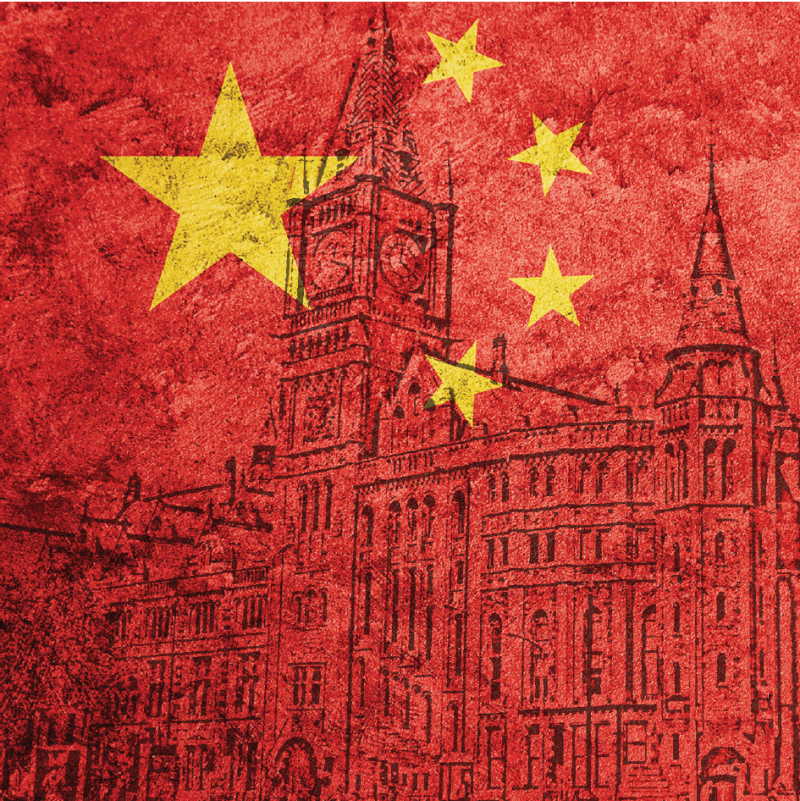Has it always been a British trait?
The stiff upper-lip
The origins of the stiff upper lip are visible in the philosophy of Stoicism, born in Hellenistic Greece in the 3rd Century BC. Stoicism teaches the development of selfcontrol and fortitude as a means of overcoming destructive emotions.
This historic philosophy may show the beginnings of the stiff upper lip, but Stoicism makes no intention of repressing or extinguishing feelings. Thomas Dixon, in his book, Weeping Britannia, marks the journey of British expression of emotion.
Englishmen rarely cry, except under the pressure of the acutest grief
We see examples of public crying in the 15th Century, through the Reformation, French Revolution and into the beginnings of the British Empire. This trail shows how a nation came from an outward expression of tears to emotional repression during the 1800s and early 20th Century.
The phrase itself, ‘stiff upper lip’, has, surprisingly, American origins. In 1849, a letter was published in New York that shows the first written description of the phrase.
‘Self-esteem is the antagonist of scorn, and one who has it large can content himself without scorning others, and can outrush the scorn of the world, or, in other words, “carry a stiff upper lip” however meanly others may think of him.’
In 1872, Charles Darwin’s pioneering study The Expression of the Emotions in Man and Animals, Darwin began a famous racial hierarchy of emotional expression with restrained Englishmen at the top.
Darwin claimed that ‘savages weep copiously from very slight causes’, whereas, ‘Englishmen rarely cry, except under the pressure of the acutest grief.’ While on the continent, ‘men shed tears much more readily and freely.’
With the rise of scientific exploration and anthropological study, this concept would have enormous societal influence when coming from reputable figures. It seems that societal pressures continued into the First World War and the public’s reaction to the conflict. Women were instructed not to cry to keep the men strong. Actress, Dorothy Brunton, said: ‘Modern girls don’t cry, even if they feel like it.’
We see this again in World War II when much of the emphasis came on ‘Keeping Mum’ – meant for sharing secrets but evolved a repressive public image. By the 1970s, the UK saw gay pride and women’s liberation challenging restrictive social construction.
The union strikes of the 1980s rallied a nation behind the passionate and hard-working men and women of the country. With television becoming an ever essential part of the social culture, such emotions became more comfortable to convey to the public. No longer were the words of the Etonians that sat in Parliament, spoke on the wireless, and wrote for the newspapers the only tone that was heard.
Change showed no signs of slowing in the 90s. In 1997, Princess Diana died in a tragic car crash. Britons showed a massive outcry of public emotion with people crying on television and laying tens of thousands of flowers outside Kensington and Buckingham Palace.

Queen Elizabeth II, famed for her strength and ‘stiff upper lip’, gained such intense criticism for her lack of emotion, the Monarchy faced its greatest crisis since the abdication. The shift continued into the 21st Century when, in 2012, a YouGov poll was commissioned and found that 57% of Britons believe the British no longer possessed a stiff upper lip and 62% believed that Britons are more emotional in recent decades than before.
Throughout 2019 and 2020, British people flooded the streets to express their anger and emotions; crying ‘Black Lives Matter‘ or showing their tears of rage as climate inaction at Extinction Rebellion protests.
The opening of the world through social media and the internet has caused a cultural and societal shift. The shift is comparable to the Industrial Revolution of the 1800s, world wars and the expressions through the 70s and 80s.
With every moment of life tracked on social media, and more information at our fingertips than ever before, this transition away from the stiff upper lip is perhaps no surprise and, given the evidence of the damage of repressed feelings, for the best.
The Interview: Jess Phillips MP
Your email address will not be published. The views expressed in the comments below are not those of Perspective. We encourage healthy debate, but racist, misogynistic, homophobic and other types of hateful comments will not be published.



